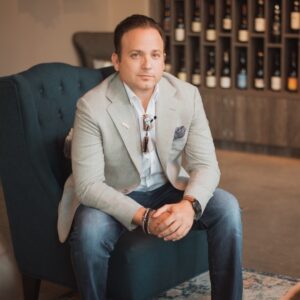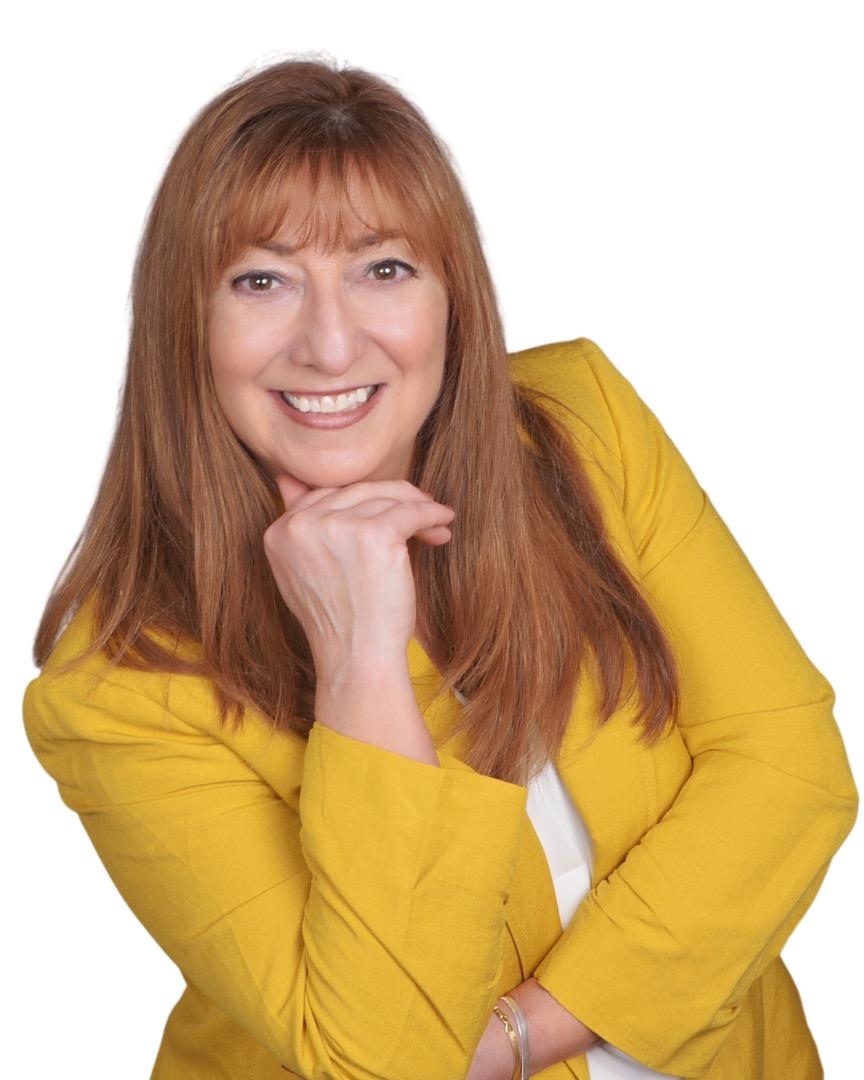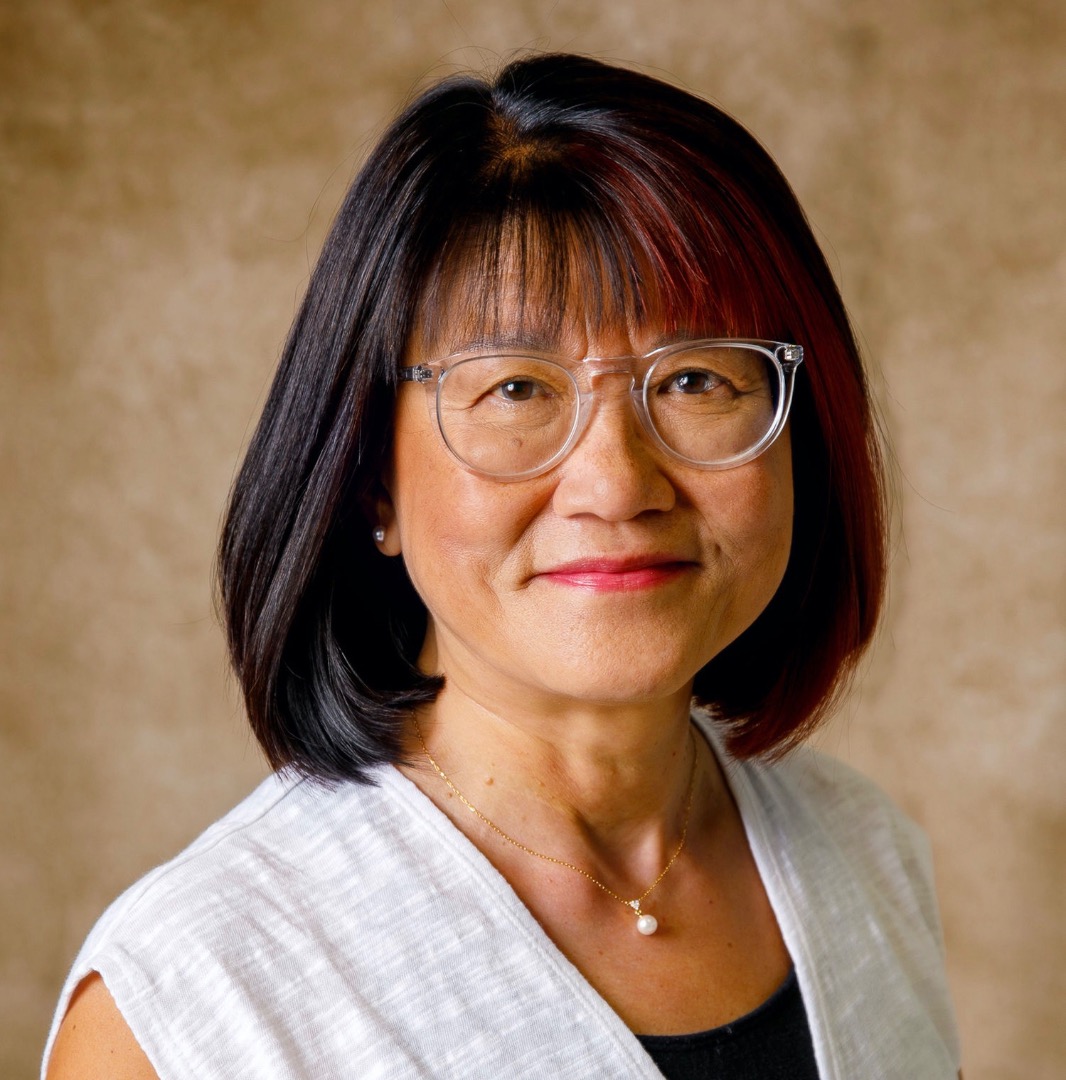Nadine Strossen: Championing Free Speech in the Digital Age – An Exclusive Interview
Nadine Strossen is a renowned civil liberties activist and legal scholar whose tireless advocacy for freedom of speech, gender equality, and human rights has left an indelible mark on the landscape of civil liberties in the United States and beyond. As the first woman to lead the American Civil Liberties Union (ACLU) from 1991 to 2008, she championed the protection of individual liberties and civil rights, emphasizing the importance of upholding the First Amendment in an ever-changing world. Strossen’s commitment to fostering open dialogue, defending marginalized communities, and challenging discriminatory practices has made her a formidable figure in the fight for civil liberties, earning her recognition as a powerful voice for justice and equality.
What motivated you to write a book on the topic of free speech?
Countless specific situations, as well as general survey data, show that free speech has been increasingly embattled in the recent past and continuing into the present, including in institutions that traditionally have been especially committed to free speech, such as academia, journalism, publishing, cultural and entertainment institutions, and librarianship. Public opinion surveys show that support for speech-protective legal standards is especially low among younger cohorts, which means that future challenges are likely to increase.
Throughout my adult lifetime, I have been both an educator about free speech – in my capacity as a law professor – and an advocate for free speech – in my capacity as a civil liberties activist. When wearing my professorial hat, I have always assiduously avoided advocating any particular interpretation of the First Amendment, but rather I have required students to understand and articulate all plausible perspectives on all the issues. Nonetheless, I have consistently seen that people tend to more strongly support free speech the more understanding they have about it. When people understand the principles of free speech, they can appreciate that these principles accord with common sense. Moreover, they come to appreciate the positive impact of free speech and the negative impact of censorship when they become familiar with the history that gave rise to these speech-protective principles, often at the behest of individuals and groups that are advocating for human rights and social change, and dissenting from government policies, who have been disproportionately targeted for censorship.
Many people who say they oppose the First Amendment’s speech-protective standards actually oppose a distorted, caricatured version of such standards, which reflects the unfair, uninformed criticism that is too prevalent among politicians and even in the media. For example, First Amendment critics often claim that the First Amendment permits no speech restrictions at all, and that First Amendment defenders even deny that speech can do any harm. To the contrary, though – as people will see when they learn what free speech law actually provides – they will understand that this law sensibly allows the government to outlaw the speech that is the most dangerous while also outlawing the censorship that is the most dangerous.
How would you define free speech, and why is it such a fundamental concept in democratic societies?
Free speech is the right of each individual to choose what to say/what not to say, through all forms of expression, and also what expression to listen to/not to listen to, subject only to limits that are necessary to prevent direct, imminent, serious harm (the so-called “emergency” principle). Throughout history and around the world, many individuals have sought to exercise and defend free speech for many reasons, including: to explore and express one’s own thoughts and identity; to pursue truth in science, philosophy, religion, and other matters; to communicate with other members of the community; to advocate for human rights and any other cause; and to participate in democratic self-governance.
Free speech is an especially important concept in democratic societies, because it is an essential prerequisite for meaningful and equal participation in opportunities for influencing public policy, including through lobbying, demonstrating, involvement in civil society organizations, and voting for political candidates or running for office as a political candidate. In the U.S., for example, “We the People” (to quote the Constitution’s opening words) cannot actually exercise our sovereign power unless we are free to engage in the most robust and vigorous debate about public policy issues and about political candidates and officials. As the Supreme Court has said, expression about public issues concerns “more than individual liberty; it is the essence of self-government.”
In your book, you mention that free speech is under threat in various forms. What are some of the most pressing challenges to free speech today?
Public opinion surveys and other evidence indicates that public understanding of and support for free speech is not so strong. This is of concern because without public support for free speech, ultimately we cannot expect elected officials, or the judges they appoint, to support it. As Judge Learned Hand famously stated in a celebrated 1944 speech, “If liberty lives in the hearts of men and women, it needs no court, no Constitution, no law to save it; if it does not live in the hearts of men and women, no court, no Constitution, no law can save it.”
Another great threat to free speech comes from powerful private sector forces, with great power over speech, which have had a strong speech-suppressive impact. One such force consists of social media platforms, which enforce their content moderation policies to deplatform or suppress certain expressions and speakers. The other major example of such a force consists of “Twittermobs” and other groups of community members who impose and advocate various negative actions toward unpopular expression, including shaming and shunning, firing employees, and suspending students. In all such cases, the result is that many speakers are silenced, thus also depriving their audience members of the right to hear their views. Another result of these speech-suppressive practices is the “chilling effect,” which deters countless other individuals from expressing certain views, or discussing certain topics, for fear that they too will be subject to social media or cancel culture penalties.
Public opinion polls have consistently shown that substantial majorities of the public, including all demographic groups, engage in substantial self-censorship for fear of “cancel culture” repercussions. Therefore, they don’t express certain perspectives on sensitive, controversial issues, and they even refrain from discussing such issues at all. Most troublingly, survey data consistently shows that this kind of self-censorship occurs on campus, where free speech should be especially vigorous. For example, a recent extensive survey by FIRE (the Foundation for Individual Rights and Expression) and College Pulse (published in September 2023), showed that more than 25% of college/university students engaged in self-censorship “often.” The upshot is that even though our legal free speech right is strong, we are not actually freely exercising and enjoying that legal right, due to social pressures and social media content restrictions. As a practical matter, freedom of speech will not be strong until we supplant the prevalent cancel culture with a free speech culture, including both online and offline.
How do you balance the importance of free speech with concerns about hate speech, harassment, and misinformation?
Modern First Amendment law – which the Supreme Court has been developing and enforcing since the second half of the 20th century – has drawn the appropriate line between protected and unprotected speech, consistent with principles that are also enforced in many other legal systems, including under UN treaties. I cite the First Amendment law not due to any kind of American chauvinism, but rather because it embodies universal, timeless principles that have been advocated throughout history and around the world, as discussed in Jacob Mchangama’s 2019 book, Free Speech: A Global History from Socrates to Social Media.
The key standard is often called “the emergency test.” It focuses on the context in which speech occurs, not only its content. Under this test, the government may restrict speech only when necessary to avert an emergency: when, in light of all the facts and circumstances, the speech directly, imminently causes certain specific harm. The Supreme Court has defined several subcategories of speech that satisfies this general emergency standard, which would encompass much hate speech and disinformation (as well as other controversial speech). Since these subcategories of unprotected speech are defined not solely by the speech’s content, but also its context, the inquiry is very fact-specific, turning on all the facts and circumstances in which the speech occurs.
Examples of such contextually-defined unprotected speech categories, which apply to much hate speech, include: intentional incitement of imminent violent or lawless conduct that is likely to actually happen imminently; a “true threat” – when the speaker targets an individual or small group of individuals and intends to instill a reasonable (i.e., objective) fear that the targets will be subject to violence; and targeted harassment or bullying – when the speaker intends to and does objectively interfere with targeted individuals’ freedom of movement and privacy.
Examples of such contextually-defined unprotected speech categories that apply to some false speech, include defamation, fraud, and perjury.
To be sure, even speech that doesn’t satisfy the emergency standard can well be harmful and dangerous; it can indirectly, potentially lead to some future harm. However, experience has shown that it’s even more harmful and dangerous to give the government the increased discretion to punish speech that lacks the tight and direct causal connection to harm that constitutes an “emergency.” Government consistently and predictably has used such discretionary power to disproportionately punish expression that it disfavors, including speech that criticizes government policy or officials, and speech by/on behalf of members of minority groups. For example, experience has shown that even hate speech laws that are designed to benefit traditionally marginalized minority groups have been disproportionately enforced against the speech of these very groups. That’s why many minority group leaders and human rights activists, in the US and other countries world-wide, oppose punishing hate speech that doesn’t satisfy the emergency standard. I quote many of these experts in my 2018 book HATE: Why We Should Resist It with Free Speech, Not Censorship.
What advice would you give to individuals who find themselves in the midst of controversies surrounding free speech issues?
First and foremost, I would advise such individuals to contact organizations that can inform them about their rights and assist them in defending such rights. Many of these organizations will even provide legal representation free of charge.
One prominent example is FIRE, the Foundation for Individual Rights and Expression (of which I am a Senior Fellow). While FIRE has for many years been focusing on the free speech rights of students, faculty members, and other members of campus communities, more recently, FIRE has expanded its work to defend free speech in society more generally. Its website provides a treasure trove of information and resources that can aid anyone involved in a free speech controversy. Moreover, FIRE has an expert staff of lawyers and other advocates who can assist in vindicating free speech rights through various strategies, including via media, negotiation, legislation, and litigation.
Other organizations that can be of assistance include the following (I’m listing them in alphabetical order): the ACLU (and its state-based “affiliate” organizations), the Institute for Justice, the National Coalition Against Censorship, and PEN America Center. Moreover, various professional organizations can assist with the free speech rights of members of particular professions. For example, faculty members could be aided by the Academic Freedom Alliance, the American Association of University Professors, and Heterodox Academy; writers may be aided by PEN America Center; school students, teachers, and librarians may be aided by the National Coalition Against Censorship; librarians may be aided by the American Library Association; and journalists may be aided by the Society of Professional Journalists and the Reporters Committee for Freedom of the Press.
Download Free Speech: What Everyone Needs to Know® today!
An expert in book marketing, Michael has personally rebranded more than 1,000 books and made them bestsellers. He has written and published over 7,000 articles and has personally conducted interviews with some of the biggest names in dance music. Michael is passionate about disrupting his industry--and helping writers and music producers do the same. His extensive background in coding and SEO helps his clients breakthrough the digital landscape.
Prior to founding his own businesses, Michael worked in revenue-generation for leaders in the banking, telecommunications, and commercial business insurance industries, including Citibank Financial, Lucent Technology, AVAYA Communications, and Liberty Mutual.
Michael holds degrees in Business Administration, Business Management and Marketing from Nova Southeastern University. The author of two books, he is a dedicated reader and publisher, with many more books on the way.
- Navigating Leadership and Fulfillment: Monique de Maio shares insight into ‘The 7 Secrets to Creating a Life You Love’ in Exclusive Interview - January 29, 2024
- Revolutionizing Leadership: A Deep Dive into Adriana Vela’s ‘Brain Science for the Soul - January 16, 2024
- Learn From This Blind Man How To Set Ambitious Goals – and Achieve Them - January 2, 2024




